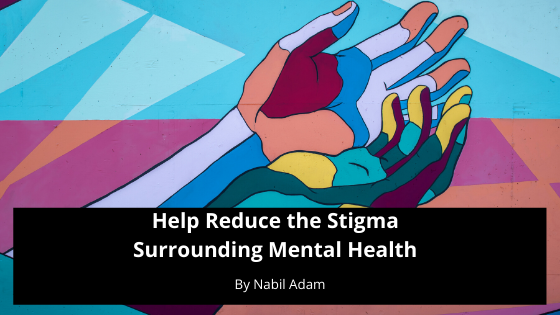
Over the past few years, mental health education and awareness have become much more openly discussed. Unfortunately, there is still a stigma that surrounds mental illness, which can cause problems for people who deal with them. Learning the right way to go about discussing mental health issues is a huge step in helping reduce the problematic stigma.
The first thing to do is to stop using words like “crazy,” “OCD,” and “bipolar” as insults or ways to describe people. Bipolar disorder and OCD are serious mental health conditions, and throwing the words around whenever can be harmful to people who actually deal with them. The terms “insane” or “crazy” are also outdated and damaging to people with psychological health issues. If you’re not exactly sure what the words mean, do some quick research to understand what they are and how they affect people.
Something to start doing is to encourage people to seek treatment or support them if they already are. Talking to a therapist can help people process any negative emotions or hardships they may be having. Plus, a psychologist will be able to recognize the complexities of an issue and may be able to prescribe medication to help the patient feel better.
Also, start checking in on people you care about who exhibit signs of distress. There’s no harm in checking in; at the very least, the person will feel cared for. Asking people if they need to talk or if they’re feeling ok can be a great way to make them feel comfortable around you. If a coworker or friend is dealing with something, like depression or anxiety, they may be too scared to reach out. By making it a normal conversation, you allow people to recognize their mental health issues as important instead of embarrassing.
The best thing you can do is to emphasize that mental health is just as important as physical health. When our bodies don’t feel as healthy as they should, we notice and start making changes. However, if our minds aren’t feeling their best, we sometimes ignore the signs or tell ourselves it’s all made up. The irony is when our mental health begins to fail us, so does our physical health. The two go hand-in-hand. If you or a friend have been feeling angry, upset, or down for a long time, it could be your body sending out a signal for help, so make sure to pay attention.

